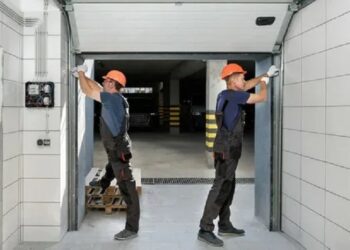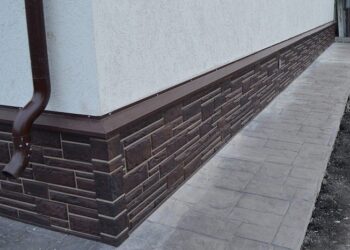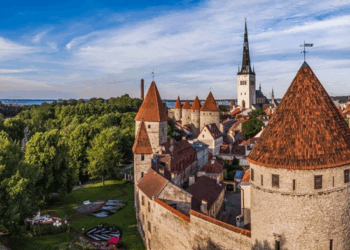When choosing a solid -fuel boiler for heating, I would like to purchase equipment with the most optimal ratio of price and quality. In addition, it is important to decide on a variety of the required device.
When choosing a solid fuel boiler, you should decide for yourself what place you can highlight for the arrangement of the boiler room. In a large room, it is possible to install any designs and types of boilers, while small ones are quite narrowed by the choice. For example, the utility coefficient of pyrolysis boilers is very high, but they have the rapid burning force and they have to install them along with a sufficient heat accumulator so that heated is sufficient. For example, to heat a house with an area of about 300 kV.m. you need a boiler with a capacity of about 85 kW. Direct combustion boilers have a rather compact design, while prolonged burning boilers will operate about 4-5 days on wood or briquette fuel, provided that the device is correctly installed.
On sale mainly presents solid fuel boilers of the SWAG of steel or cast iron. When you choose the heating boiler, proceed from its power, the size of the load chamber, the types of possible fuel, efficiency, duration of combustion, security measures and, of course, prices.
Cast iron boilers
Cast iron boilers look like a sectional structure, and the sections can be remote from one another. Moreover, collapsible products are most convenient, they are easier to transport, maintain and mount them.
Cast iron boilers are less likely to require cleaning, but in the process of work they are gradually lending in chemical corrosion. For cast -iron boilers, the thermal difference is dangerous, for example, if cold water gets into the still unheated heat exchanger, it can crack.
Steel boilers
Steel boilers are holistic blocks that undergo a full assembly stage in the production process. Such boilers are practically not destroyed at temperature differences, steel easily adapts to temperature changes, automation is more often used in such boilers. However, with too frequent temperature differences, certain zones, especially in the welding sites are obsolete.
Steel boilers are much worse amenable to repair where a spoiled section can easily be replaced by a cast -iron device, a steel boiler will simply have to be thrown away. It is also impossible to carry out repairs in cases of deposition of rigidity salts or in places of substantial corrosion.
Most of the boilers have the opportunity to work on various types of fuel: firewood, briquettes, coke, peat or coal. Manufacturers in their products clarify what fuel is the most acceptable, and which can be used as an auxiliary.













